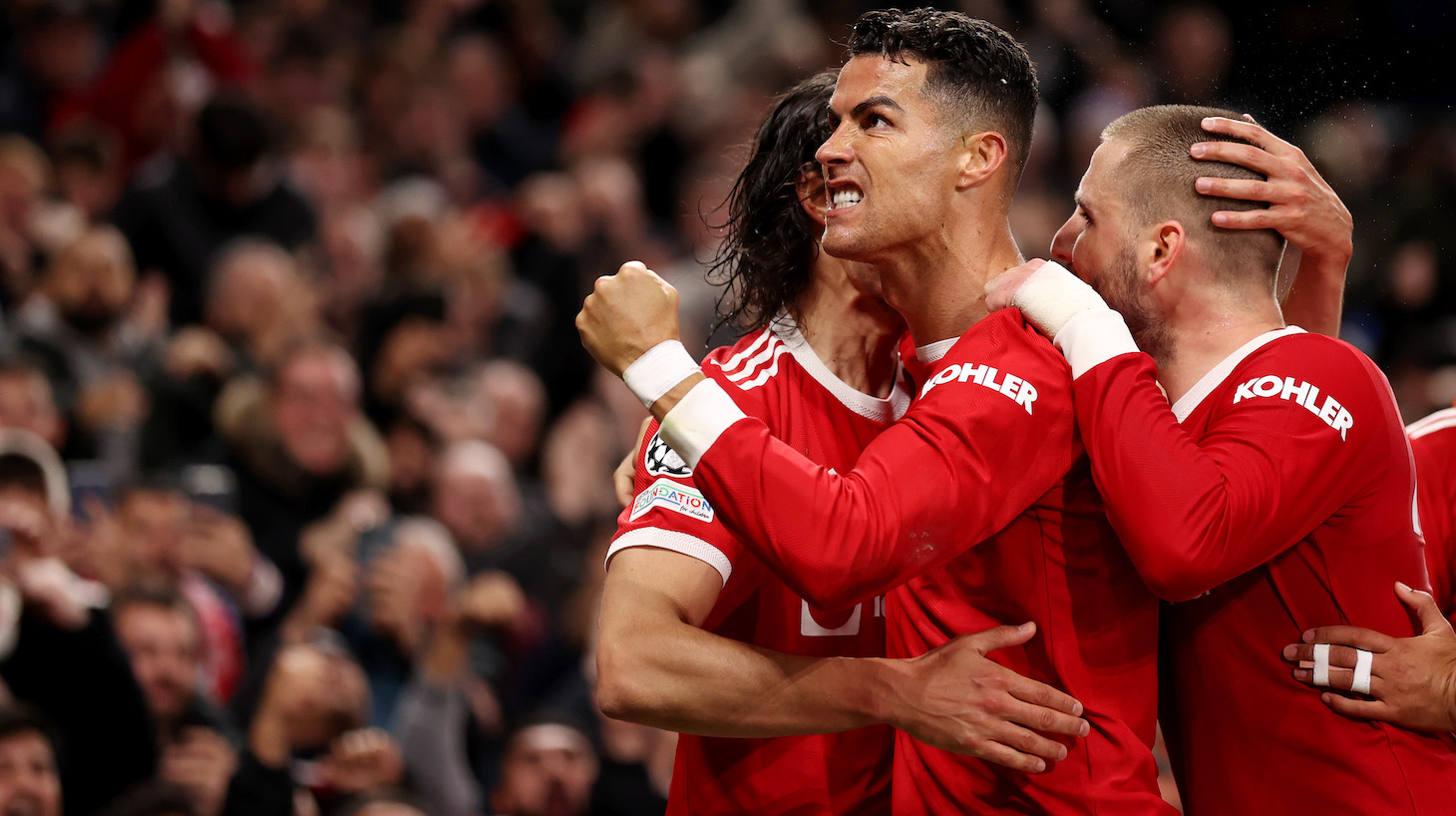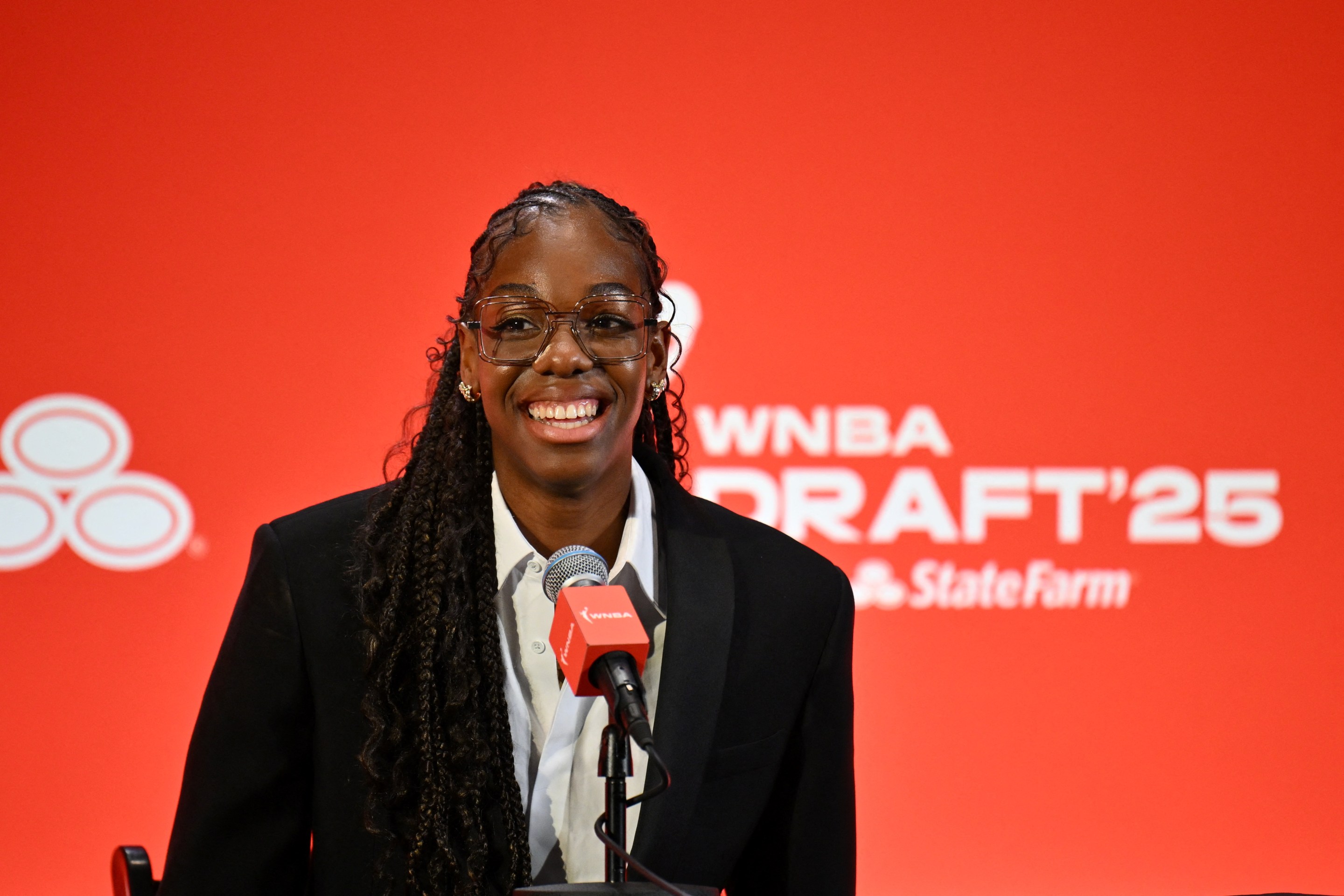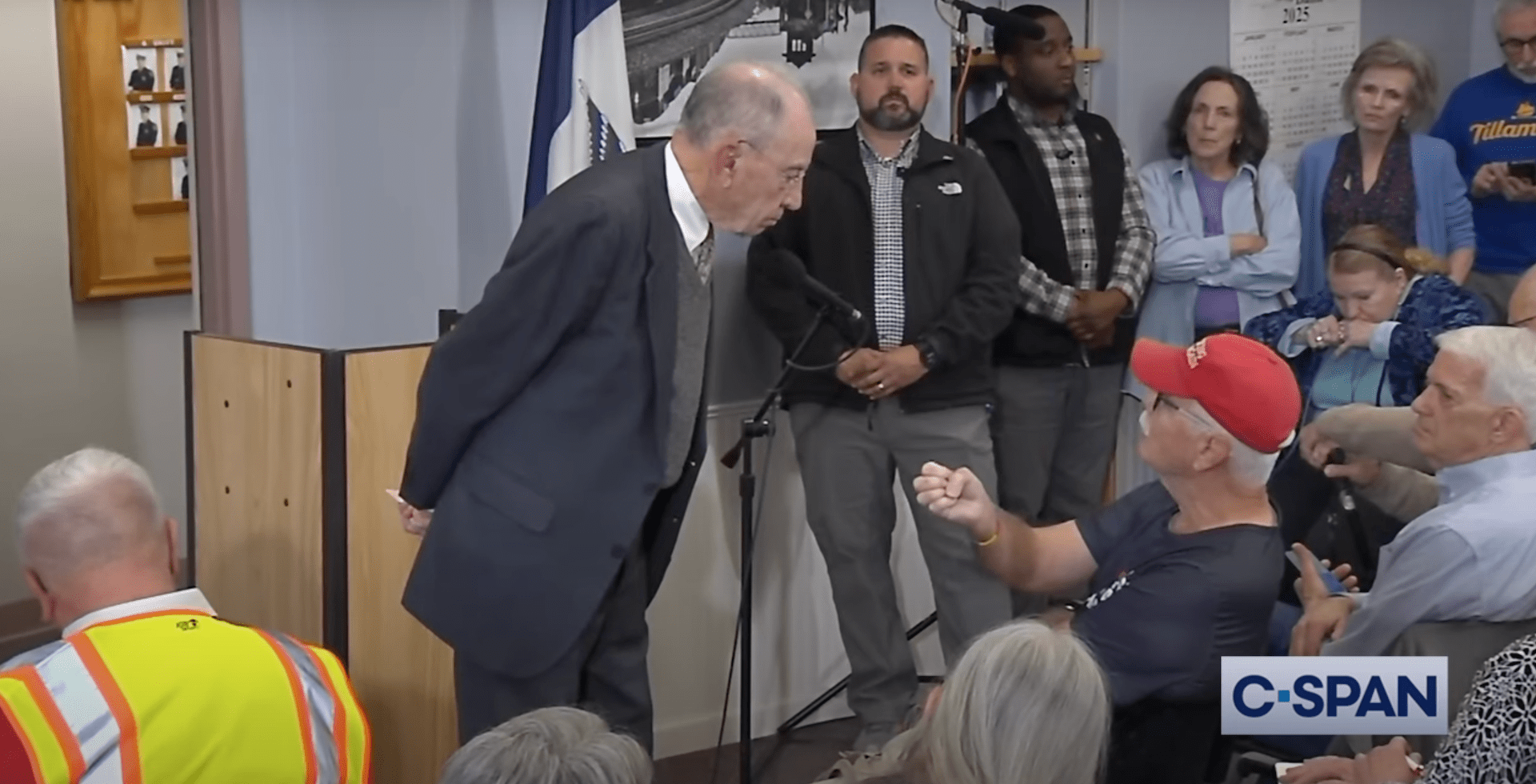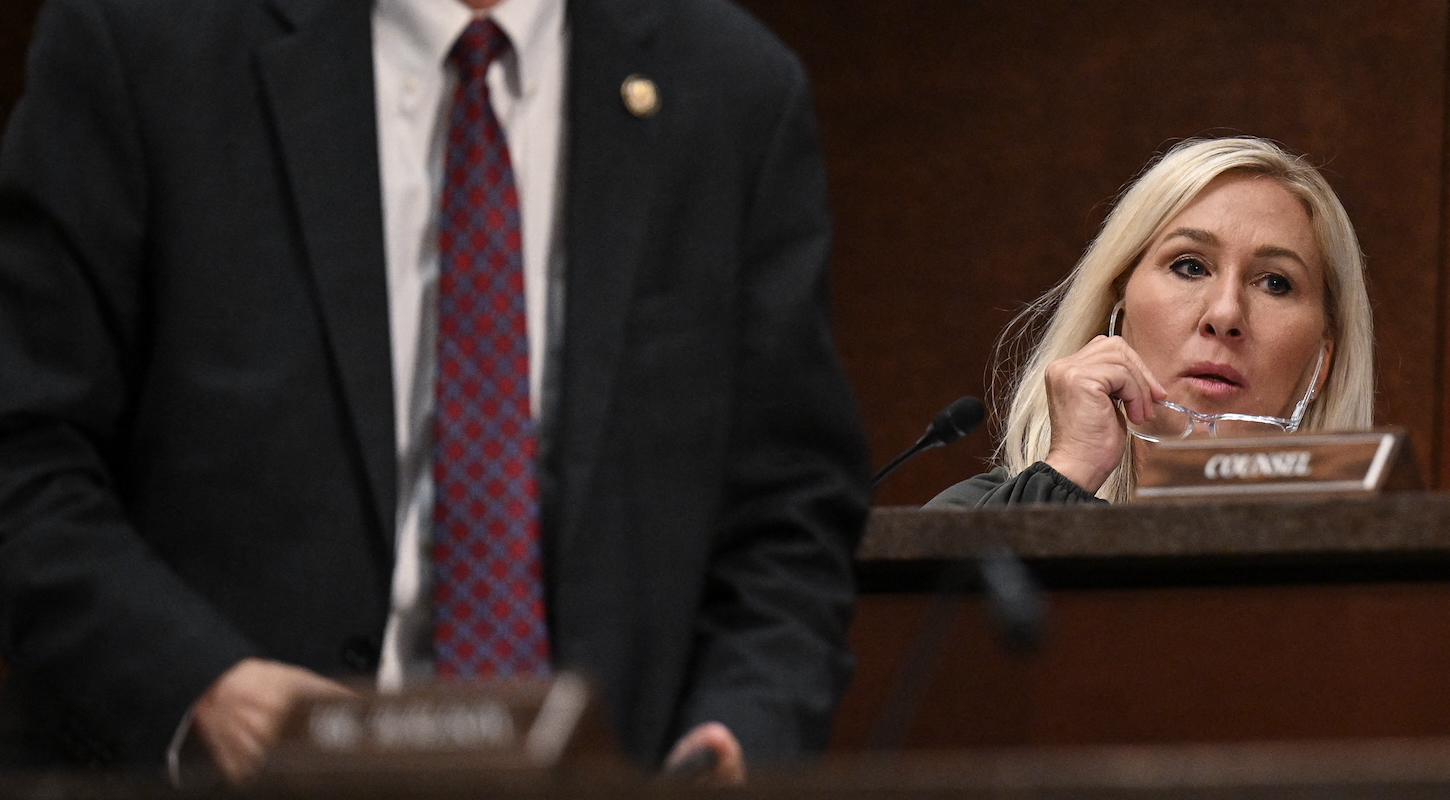Twelve years separate Cristiano Ronaldo's first Manchester United, which came to an end in 2009, from the version that reunited this summer. That chasmic gap has treated the player and club in almost opposite ways.
During that time apart, Ronaldo the athlete has grown, matured, improved, and, more recently, slowly started to decline. He left United as one of the greatest players in the world and came back as one of the greatest in history, a much bigger figure than before but a much older and slightly less skilled one, too.
United's trajectory has been something like the reverse. The club, which in 2009 was one of the very best in the sport, aged and worsened quickly. In those post-Ronaldo years, the Red Devils first slid out of Europe's elite, then out of England's, and eventually fell all the way into that accursed purgatory known as the Liverpool Zone. Recently, however, after years of pain and humiliation, United has become younger and better, and has emerged from the years lost in limbo. At long last, the club can be more excited about its future than burdened by its past.
The romance of Ronaldo's and United's reunion is obvious (even if it's difficult to find it all that charming), as are the services each can provide the other. In Ronaldo, United has recaptured the fame, glory, and prestige it hasn't enjoyed since the Portuguese forward's first stint at the club, and now has a nearly unlimited source of the most important thing in the game: goals. In United, Ronaldo can preen under a global spotlight the likes of which was never available to him at Serie A's Juventus, a far less visible league and club. He has found a team in need of a savior and, crucially, one willing and able to foot the sky-high bill Ronaldo charges for services he no longer renders quite as expertly as he did a few years ago.
In spite of the suitability of Ronaldo's and United's partnership, there are some key points of friction inherent in it, mostly born of the diverging paths of the two during those 12 years apart. Before re-signing Ronaldo, United was a very good but still young and developing team. What it needed most was time—time for its young stars to grow, time for the core of the team to learn each other better and congeal into a whole greater than its promising parts, time for its manager to figure out how to get the best out of talented but wonky squad. If the post-Ronaldo, post-Alex Ferguson purgatory years had any beneficial effect, it was that it had finally taught the infamously (and at times delusionally) demanding Red Devils fans that it takes time to build something, and that unrealistic expectations of immediate success are more likely to harm that process than help. If United was indeed on its way back to being what it once was, it was in large part because the club and its fans allowed for the fact that they weren't quite there yet.
However, all of that changed the day United brought back Ronaldo. The sheer magnitude of Ronaldo's presence by itself transformed the club's time horizon from the near future to the immediate present before he even so much as kicked a ball. In an instant, a team that had been working toward a better tomorrow became perceived as one that must win today. Ronaldo was too good, his fit too perfect, and his age too advanced to afford playing for the future.
This, more than anything else, is the source of Man Utd's recent woes, or at least the reaction to them. In their three most recent Premier League matches, United has lost to Leicester City, drawn with Everton, and lost to Aston Villa. The club currently sits in sixth place in the table. United's Champions League form has been similarly shaky: two wins out of three matches there, but both victories were only secured by frantic, late goals that rescued unimpressive performances. The team has looked dangerous in attack, and Ronaldo has been typically fantastic with six goals in eight matches across all competitions, including both winning goals in the two aforementioned Champions League victories. Still, sixth place in the league, less-than-stellar showings in Europe, and the firm sense that the Red Devils remain a tier below the true title challengers does not feel like an acceptable position for Cristiano Ronaldo's Manchester United.
You can see evidence of this growing sense of dissatisfaction in manager Ole Gunnar Solskjaer's increasingly tenuous job security, and in fan's and the media's speculation about whether the Ronaldo signing was really all that good of an idea. Solskjaer is no one's idea of a generational managerial talent, but the only reason to believe he deserves to get canned now, after all the commendable work he's done in recent seasons to get United on the precipice of being truly back, is to believe the faulty notion that United should be, even must be, better than what it is right now.
The fact that Manchester United today, only a couple months into the season, is not yet consistently firing on all cylinders is, in a vacuum, no great cause for concern. The club made three major additions to the squad—Ronaldo, Jadon Sancho, and Raphaël Varane—who all improved the roster but also created a need for a reshuffling of the previous season's playing system and style. Figuring out how best to utilize the squad's enormous talent was always going to take time, but all the pieces for an outstanding team are there. Once Solskjaer finds a way to play Bruno Fernandes and Paul Pogba at the same time without constraining either too much (moving to a 4-3-3 or 4-4-2 diamond formation perhaps?), and assembles a forward line that more naturally compensates Ronaldo's brilliant movement and combination play outside of the center forward area with runs that take advantage of the space Ronaldo vacates and generates (Marcus Rashford's recent return from injury should be a big help there), then United will almost certainly reach its ceiling as one of, but not the, best teams in England.
But even that comes back to the matter of time. I believe there's reason to think that Solskjaer, who doesn't get enough credit for consistently orchestrating some of the prettiest free-flowing attacking play in Europe, is capable of getting the best out of this United roster if given time. But time is quickly running out. A bad result in Sunday's rivalry match against Liverpool could spell the start of his ending. Similarly, I believe that signing Ronaldo was too good of an opportunity to pass up, and that even if he's no longer an entire, world-class attacking force in and of himself, his scoring prowess, his ingenious movement, and his associative game make him a great compliment for Pogba's and Fernandes's incisive passes and Rashford's and Mason Greenwood's hybrid winger/striker runs. The danger, though, is that the Ronaldo-born impatience will cause the club to sacrifice the growth of the team and the development of its promising youngsters in the hunt for a shortcut that could maximize the time the 36-year-old Ronaldo has left.
Ironically, the cause of the problem is probably also its solution. Ronaldo may have brought with him the demand for immediate results, but he's also the one best positioned to buy the team time. To have Ronaldo on the pitch is to play with the utter serenity that, if you really need it, Ronaldo will get you the winning goal. In only eight matches back at United, Ronaldo has already demonstrated this multiple times. With Ronaldo, United may always be a single loss away from panic and upheaval, but it's also just a goal away from glory. And no one is better at scoring those glorious goals than he is.






